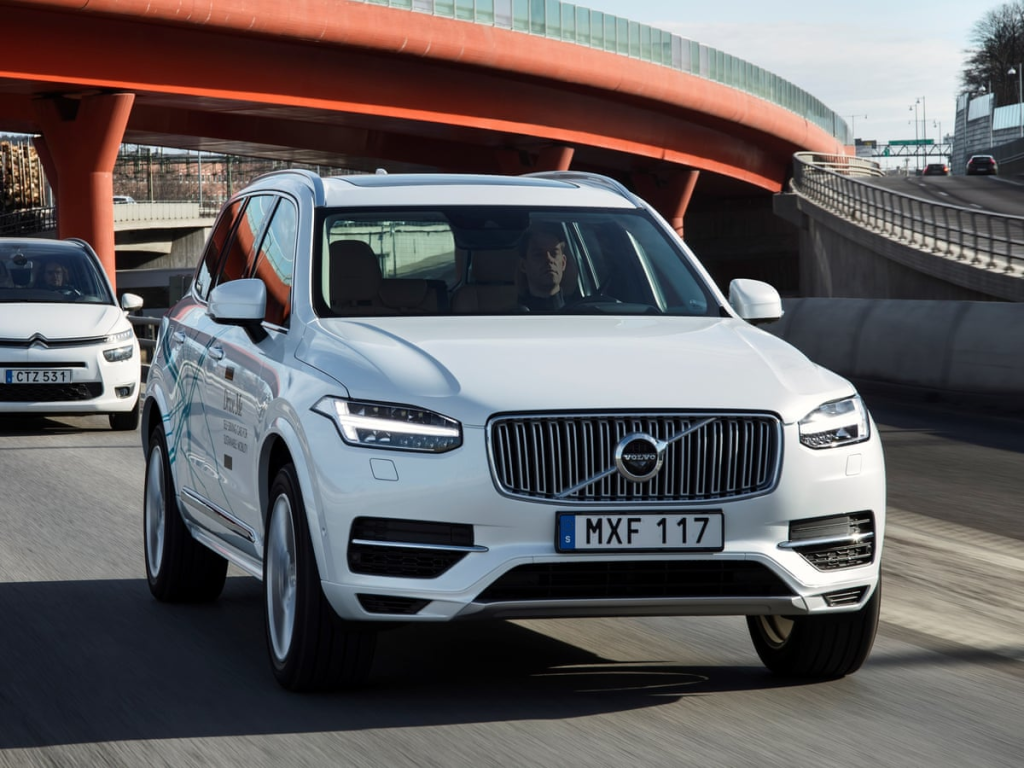Volvo Cars may move production of some of its models to the U.S. depending on tariffs, but aims to stick to a plan to export its European-made EX30 SUV model to the United States later this year, the company’s CEO said on Wednesday.
Volvo Cars last year moved production of its EX30 electric vehicles from China to Europe to avoid European Union tariffs.
President Donald Trump’s threats of a fresh round of tariffs could require further adaptation.
The EX30 SUV should start production in Europe this quarter and Volvo aims to increase production to serve both the European and U.S. markets in the second half of 2025, CEO Jim Rowan told Reuters.
Exports of cars from Europe to the U.S. are only subject to a 2.5% tariff for now, but that is likely to change.
“It’s looking like that number is going to go up… if it’s 10% each way, we can cope with that, but if it goes to 25% it’s a hell of a lot more difficult from a profit perspective,” Rowan said.
Volvo Cars has enough capacity at its U.S. assembly plant to move more of its production to the United States, he added.
“We have space, paint shops, the buildings, all that’s there.” he said. “We just need to make a final decision on which models and which platforms that we would move to the USA.”
Volvo produces its SUV EX90 in its Charleston, South Carolina plant, but also imports both hybrid and electric models from Europe at the moment.
Rowan said Volvo could move its XC60 or XC90 models, which are on the same platform, to the plant in Charleston, or look at putting models using different technology there.
“We’d have to wait and see the tariff quotes and then that would help us make that decision,” Rowan said.
The Swedish company, majority owned by China’s Geely, on Wednesday presented a new fully electric sedan, ES90, its sixth electric car, as it seeks to replace most combustion engine cars in its line-up with fully electric vehicles by 2030.
The car, with a planned battery range of over 700 km (435 miles) will be built at Volvo Cars’ manufacturing plant in the Chinese city of Chengdu, and the company sees China as its likely main market.



